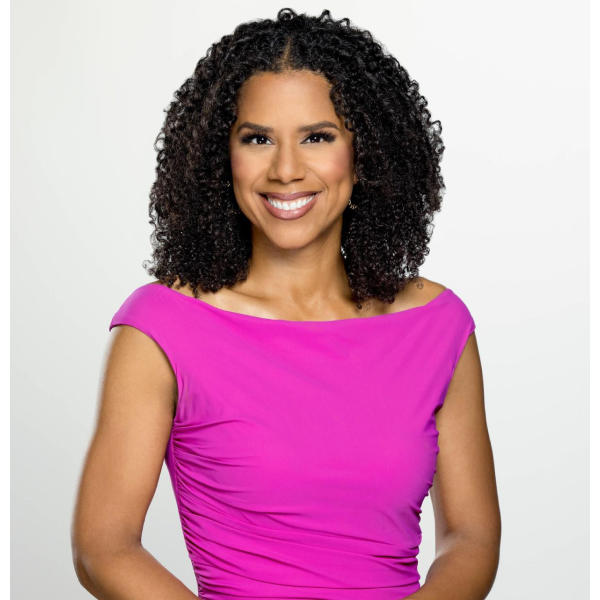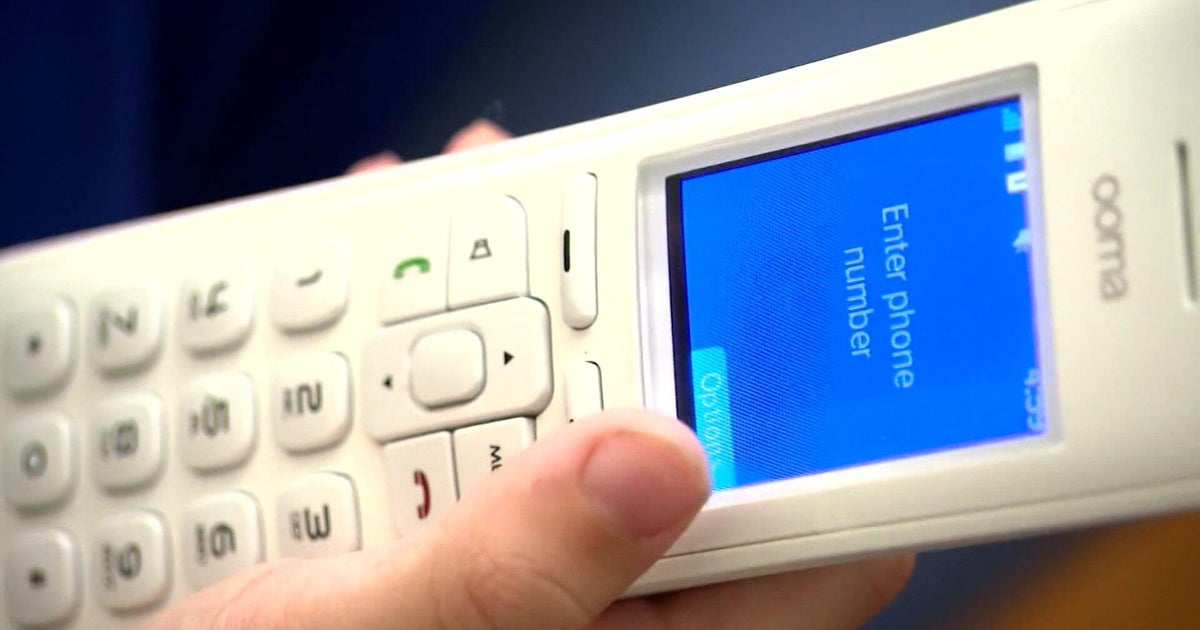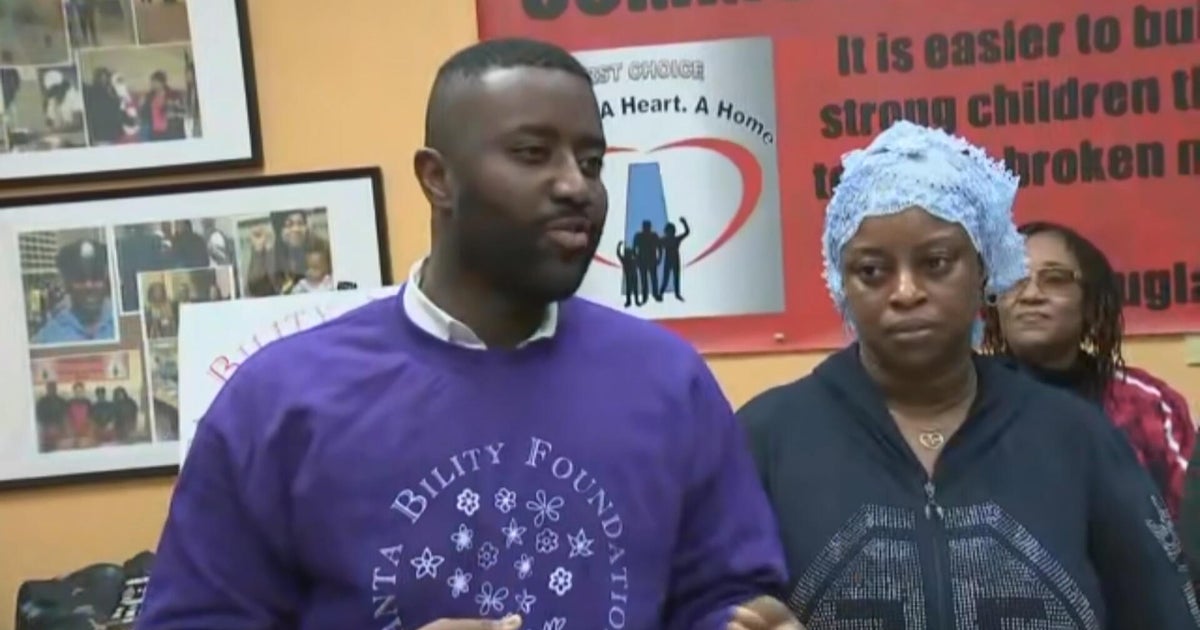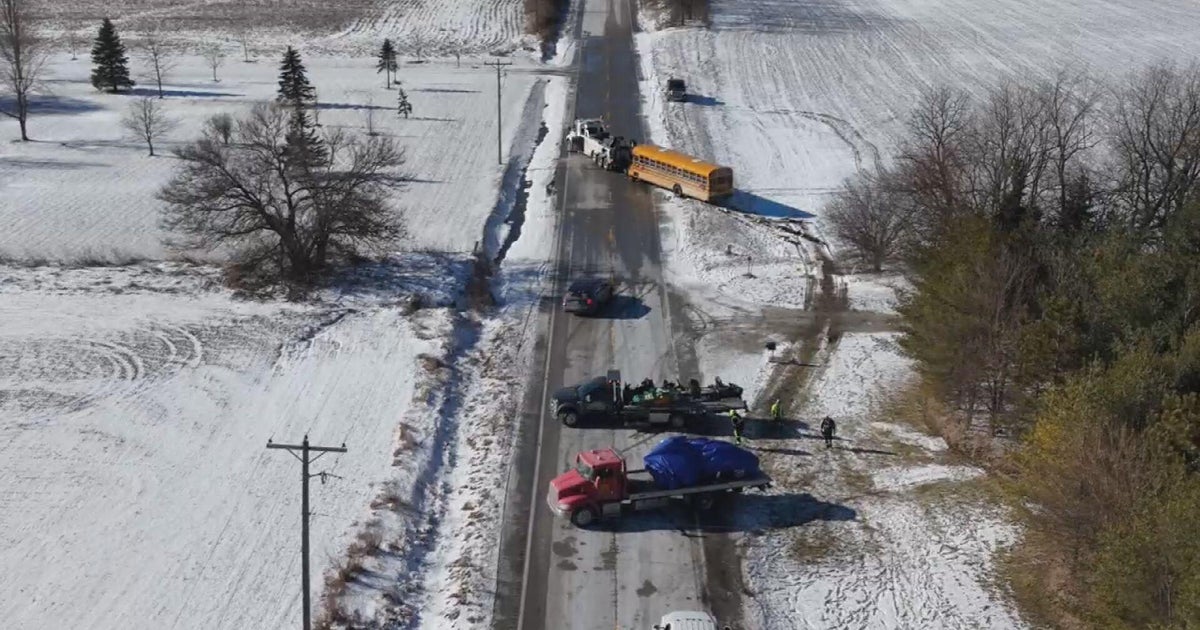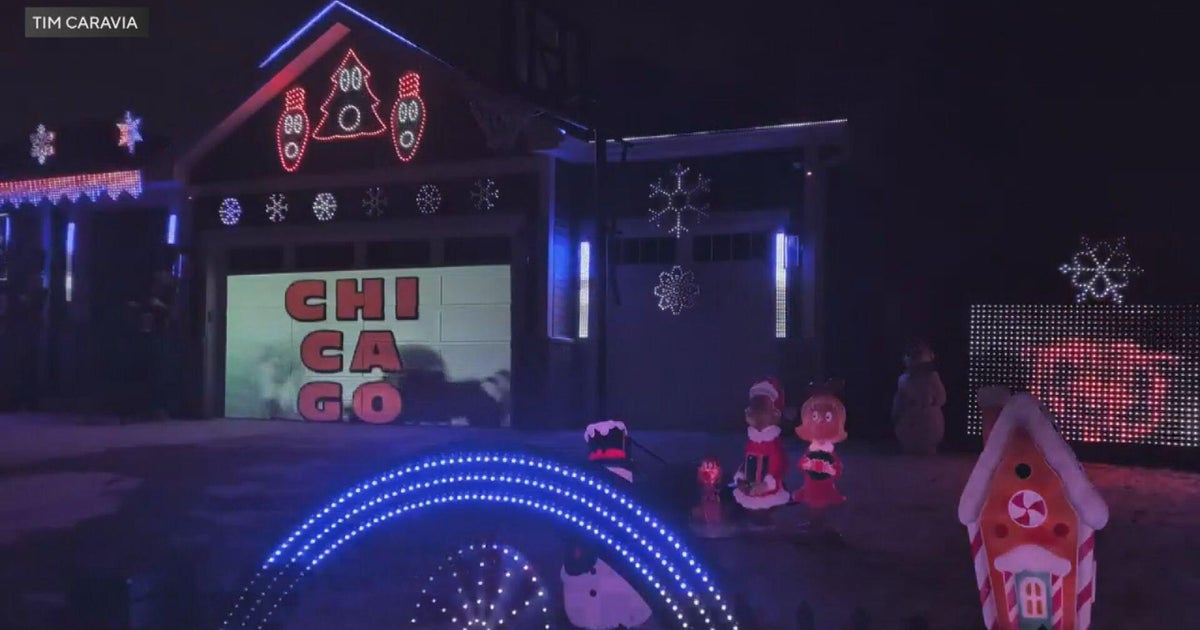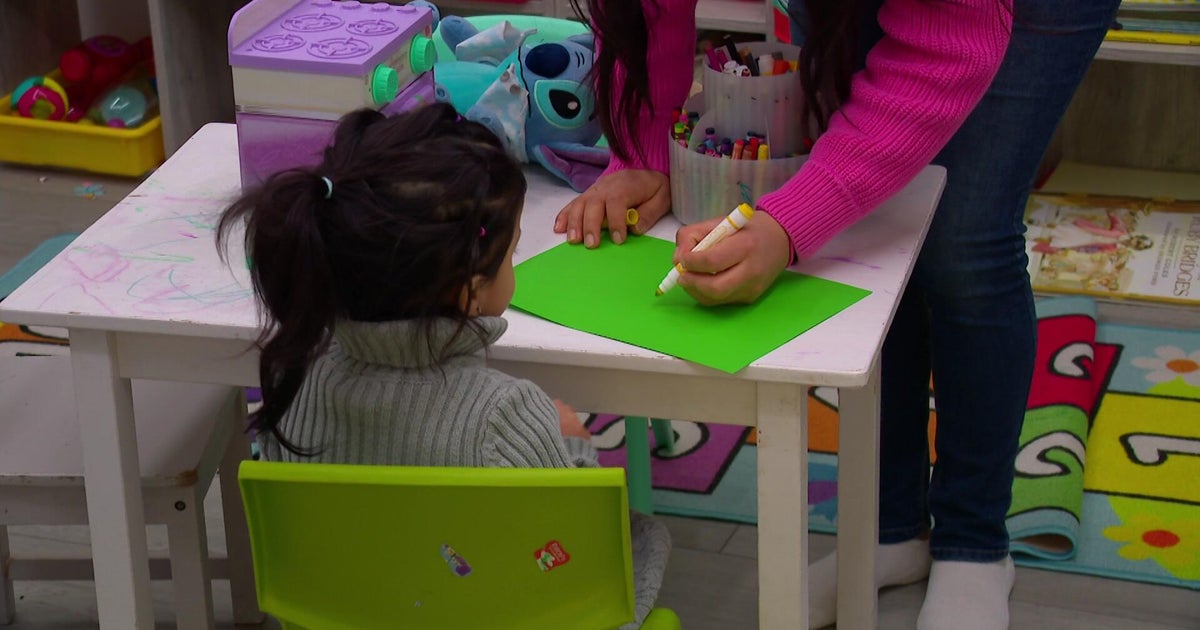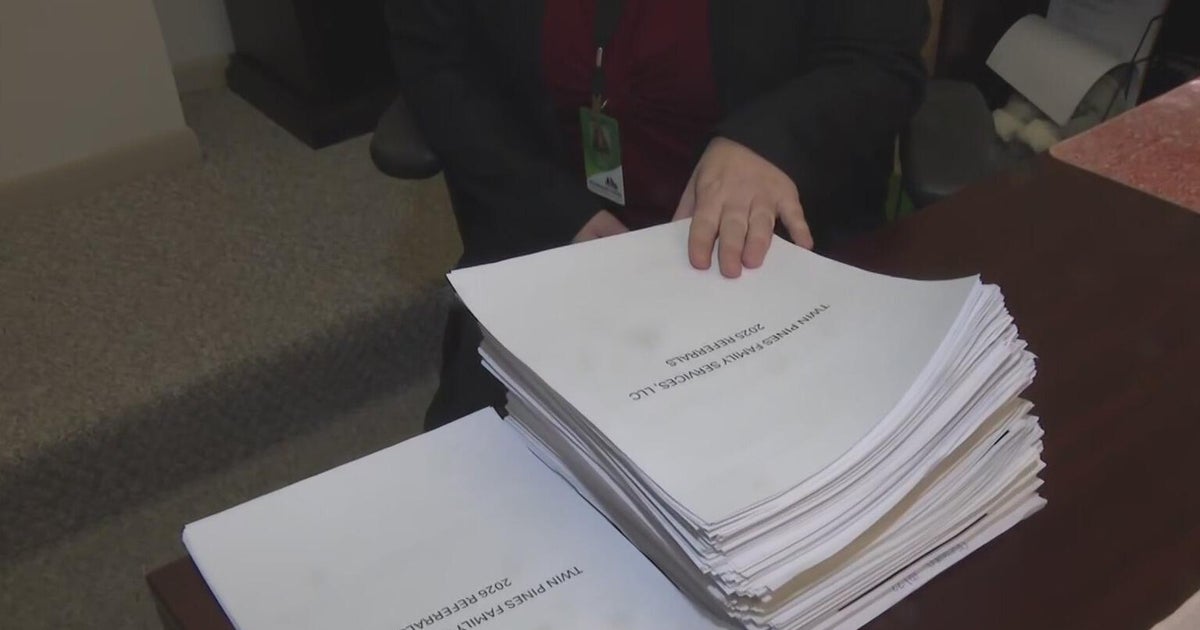Chicago store emphasizes inclusive books for all kids, families
CHICAGO (CBS) – For one Chicago mom, representation in children's books is critical for kids.
It not only inspires children to place themselves in a story, it also enables them to see themselves as the hero.
CBS's Adriana Diaz has the story of the mother who has made it her mission to make sure kids from all races, religions and families can find books featuring characters like them.
They say never judge a book by its cover.
But it's the covers at one Chicago children's store that move people.
"We get a lot of gasps from children," said owner Keewa Nurullah. "We do. We've had parents and adults cry."
That's because at Kido, the faces on books are Black and brown, and protagonists you don't usually see: a girl in a wheelchair or a mom in a hijab.
Those are deliberate choices, Nurullah said.
"We want every kid to feel reflected, to feel seen, to feel included," she said. "Kids with disabilities, kids who are growing up in foster care or have been adopted or whose parents are going through a divorce."
The store has books with titles like "Queer Heroes," "Hair Love," and "The ABC's of Black History," and books that celebrate Aztec heroes, and Chicana ones.
"They're beautiful and I like them," said Maxwell Carey, 6.
"They all have different lessons to be learned in each book," said Jack. "So it's really nice."
Some of the regular visitors said they come for the store's inclusivity and community.
"Ryan has two beautiful, brilliant mothers and we have an exceptional daughter and we want her to be represented in the books that she sees," said Angela, one of the regulars.
DIAZ: "For people who say, you know, to play devil's advocate, that there's too much focus on race these days. What do you say to them?"
"Easy for you to say," said Nurullah. "You know, it's just like why Women's History Month? Why not Men's History Month? You know, the reason we need these things is because there's a deficit."
Even though Nurullah has never been a business owner before opening Kido, entrepreneurship does run in her family.
Her great-grandfather was a tailor and owned his own store on Black Wall Street in Tulsa, Oklahoma. He fled during the massacre of 1921 and brought his family to Chicago where he re-opened his tailor shop on the South Side.
Nurullah got into this work as a new mom. She struggled to find clothes that reflected her family. So she started designing her own onesies and an entrepreneur was born.
"We don't want any child to feel isolated in their experience," she said. "We want them to come into the store and say 'Oh, wait, like, I'm not the only one."
And when books have heroes of all backgrounds, real-world heroes are born.
